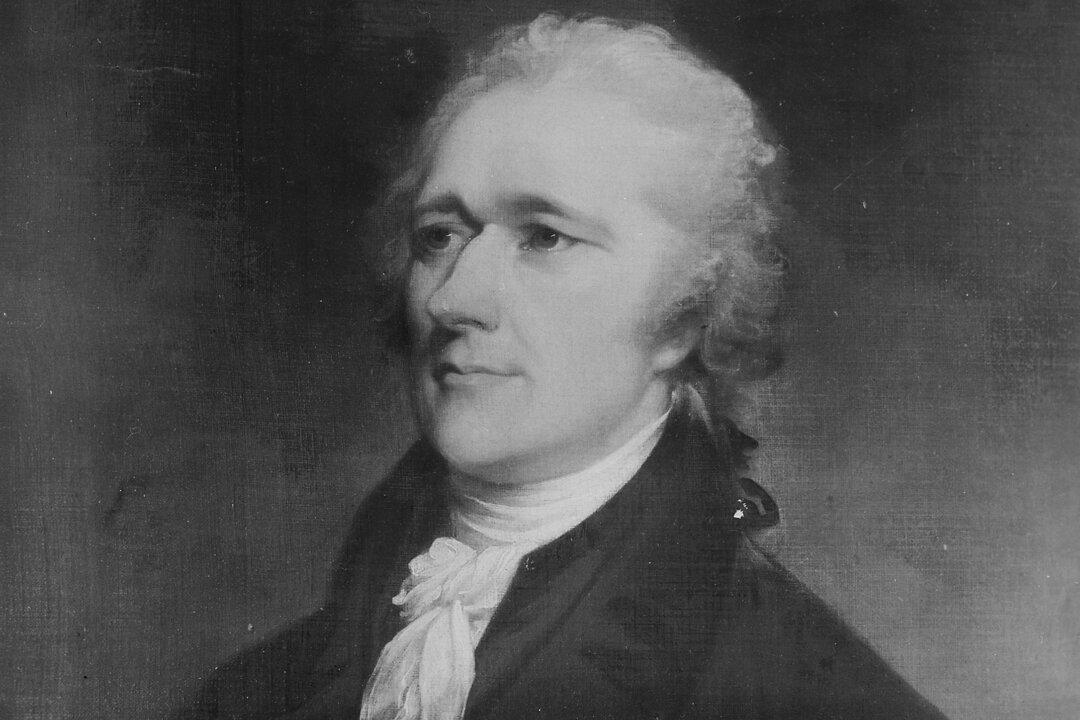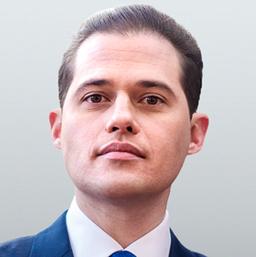Commentary
In his first inaugural address, George Washington put the fate of this country’s democracy in the care of its people. “The preservation of the sacred fire of liberty, and the destiny of the Republican model of Government,” Washington explained, “are justly considered as deeply, perhaps as finally staked, on the experiment entrusted to the hands of the American people.”


